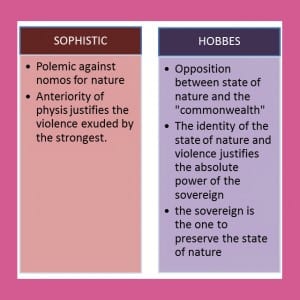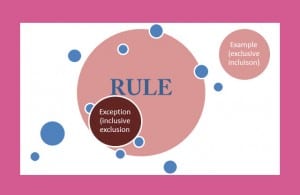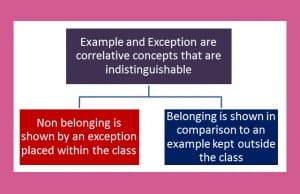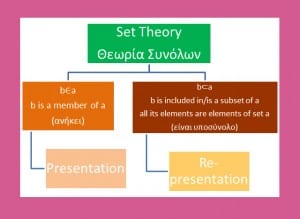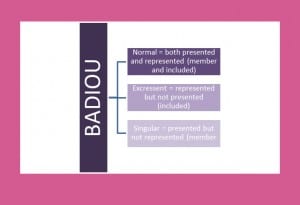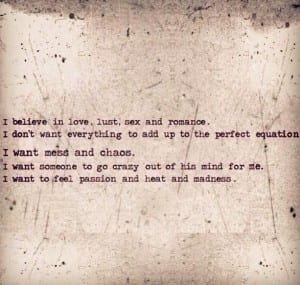HOMO SACER
PART ONE: The Logic of Sovereignty
4. Form of Law
4.1
Keywords: ban, abandonment
- The law affirms itself with the greatest force precisely an the point where it no longer prescribes anything; as pure ban/abandonment.
4.2
Keywords: revelation, force, significance
- Kafka: “The Nothing of Revelation”: a state in which revelation does not signify, yet still affirms itself by the fact that it is still in force.
- Being in force without significance: the structure of the sovereign ban is that of a law that is in force but does not signify.
4.3
Keywords: modernity, respect, principle, transcendal object
- Kant: being in force without significance first appeared in modernity.
- Leaving the form of law force as an empty principle is both the strength but also the limit of Kant’s ethics. Being in force without significance in the realm of ethics is the equivalent of a transcendal object in the realm of knowledge.
- The transcendal object is not a real object, just the idea of relation…
- Respect = the condition of one living under a law that is in force without signifying.
- Such a law, neither prescribes nor forbids any determined end. Therefore the motivation that a man has before a certain end is proposed to him can only be the respect inspired by the law itself.
- Life in such a state is the equivalent of life in a state of exception. However in this case, the smallest mistake can have serious consequences.
4.4
Keywords: tradition of the oppressed
- The traditionof the oppressed teaches us that the ‘state of exception’ in which we live is the rule.
- There must come a point in history that corresponds to that fact; at that point we will have before us the task of creating the real state of exception.
4.5
Keywords: provocation, paradox
- “No one else can enter here since this door was destined for you alone. Now I will go and shut it”
- If one gives the name ‘provocation’ to the strategy that compels the potentiality of law to become actuality, then his (i.e. the youngster’s helping Christ enter a wide open doorway) is a paradoxical form of provocation. That is the only form of provocation adequate to a law that is in force without signifying or a door that allows no one to enter on account of being too open…
- Generally when something is given to us too freely we tend to disregard it… We have the tendency to prefer things that are either hard to get or forbidden.
- One of the paradoxes of the state of exception is that it is impossible to distinguish between transgression of the law and execution of the law.
4.6
Keywords: destitution, abandoned Being
- One always abandons the law.
- The destitution of the abandoned Being is measured by the limitless severity of the law to which it finds itself exposed.
- Turned over to the absolute aspect of the law the abandoned one is thereby abandoned completely outside the law’s jurisdiction.
- Abandonment respects the law, it has no choice.
- The experience of abandonment is truly experienced as such only when it is free from every concept of law and destiny.
Threshold
Keywords: oscillation, violence, counterviolence, sovereign violence
- The oscillation between violence suggesting the law and violence in order to preserve the law resides in the fact all law preserving violence weakens the lawmaking violence through the suppression of hostile counterviolence.
- The violence exercised in the state of exception neither preserves nor suggests the law, but rather conserves it in suspending it and proposes it in excepting itself from it.
- Sovereign violence opens a zone of indistinction between law and nature, outside and inside, violence and law. However sovereign is precisely the one who maintains the possibility of deciding between the two up to the point of making them indistinguishable. As long as the state of exception is distinguished from the normal case, the dialectic between the violence that suggests law and the violence that preserves remains unbroken and the sovereign decision is simply a means of passing from one to the other.
- Lawmaking pursues as its end, with violence as its means, what is to be established as law.
